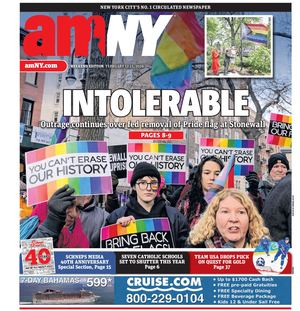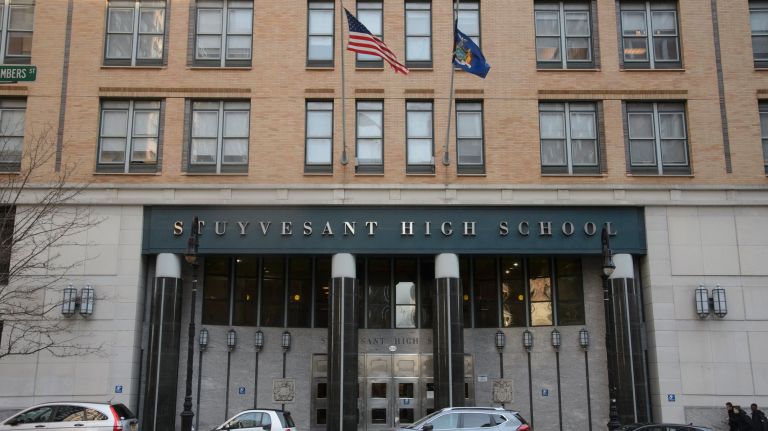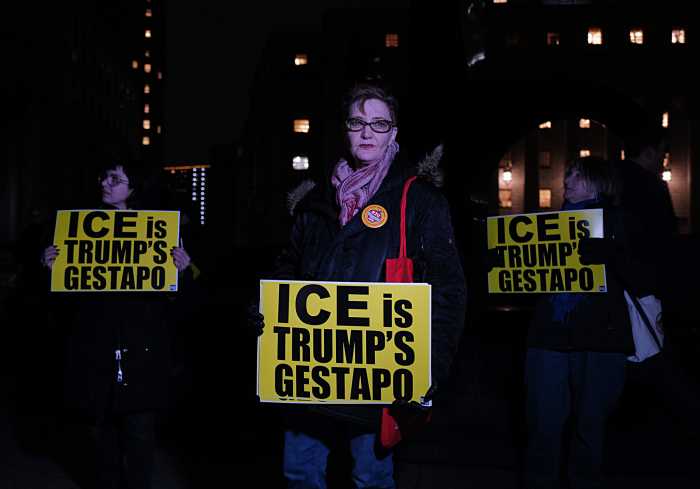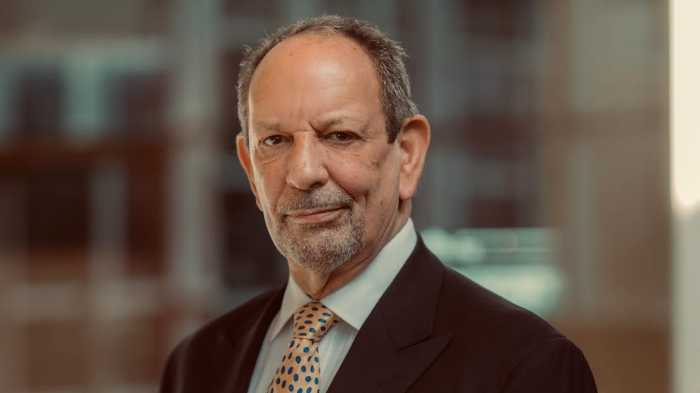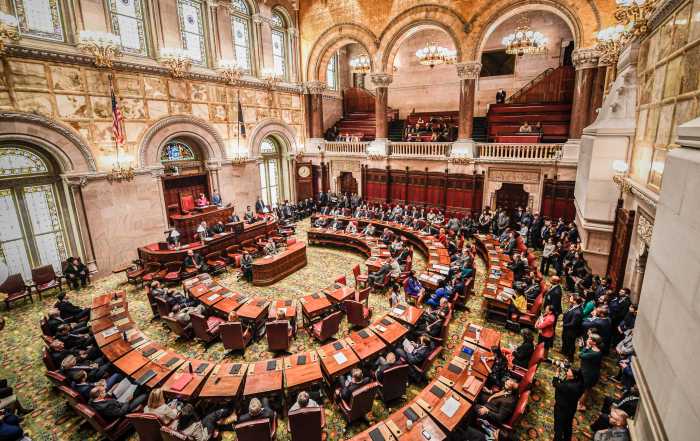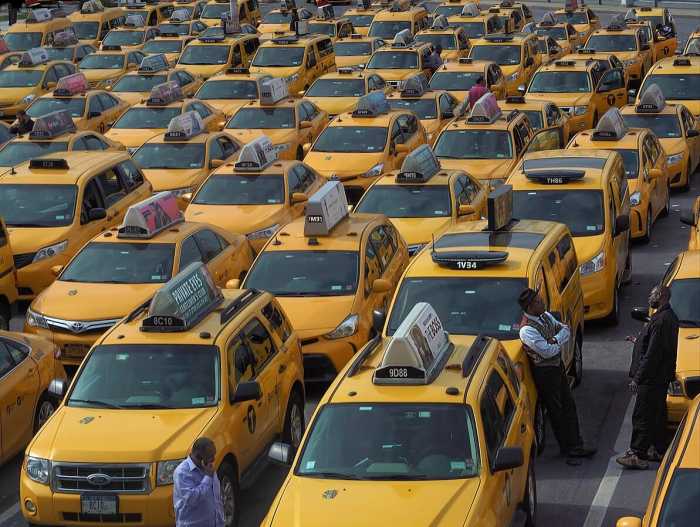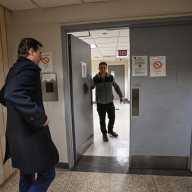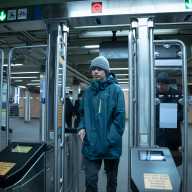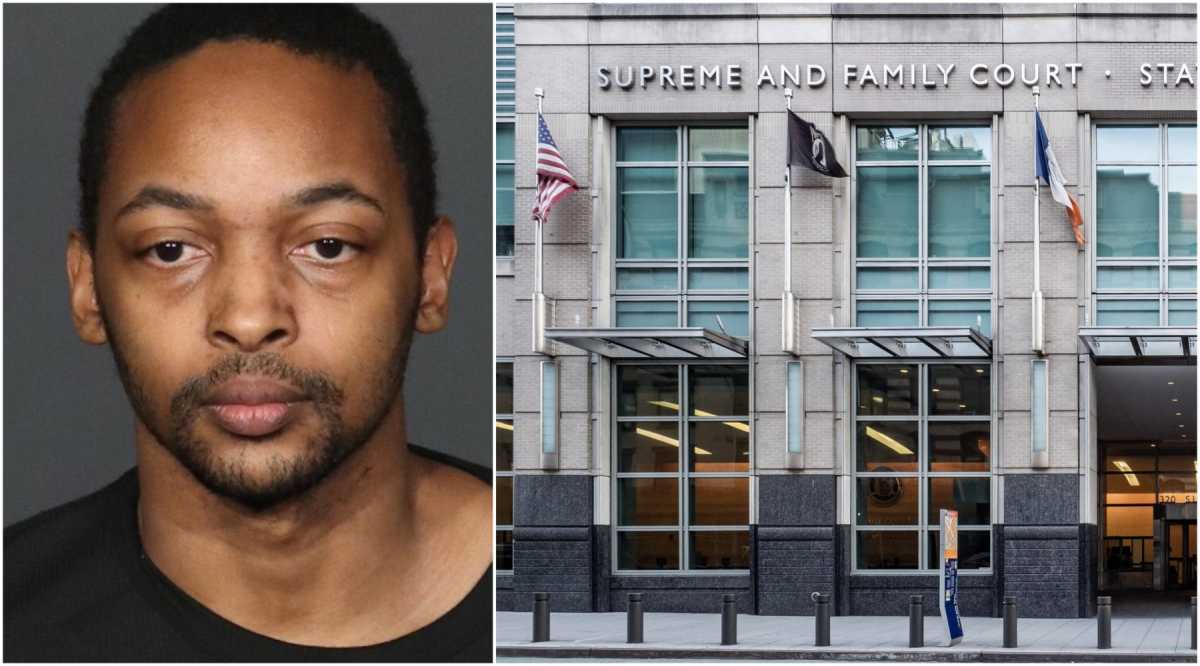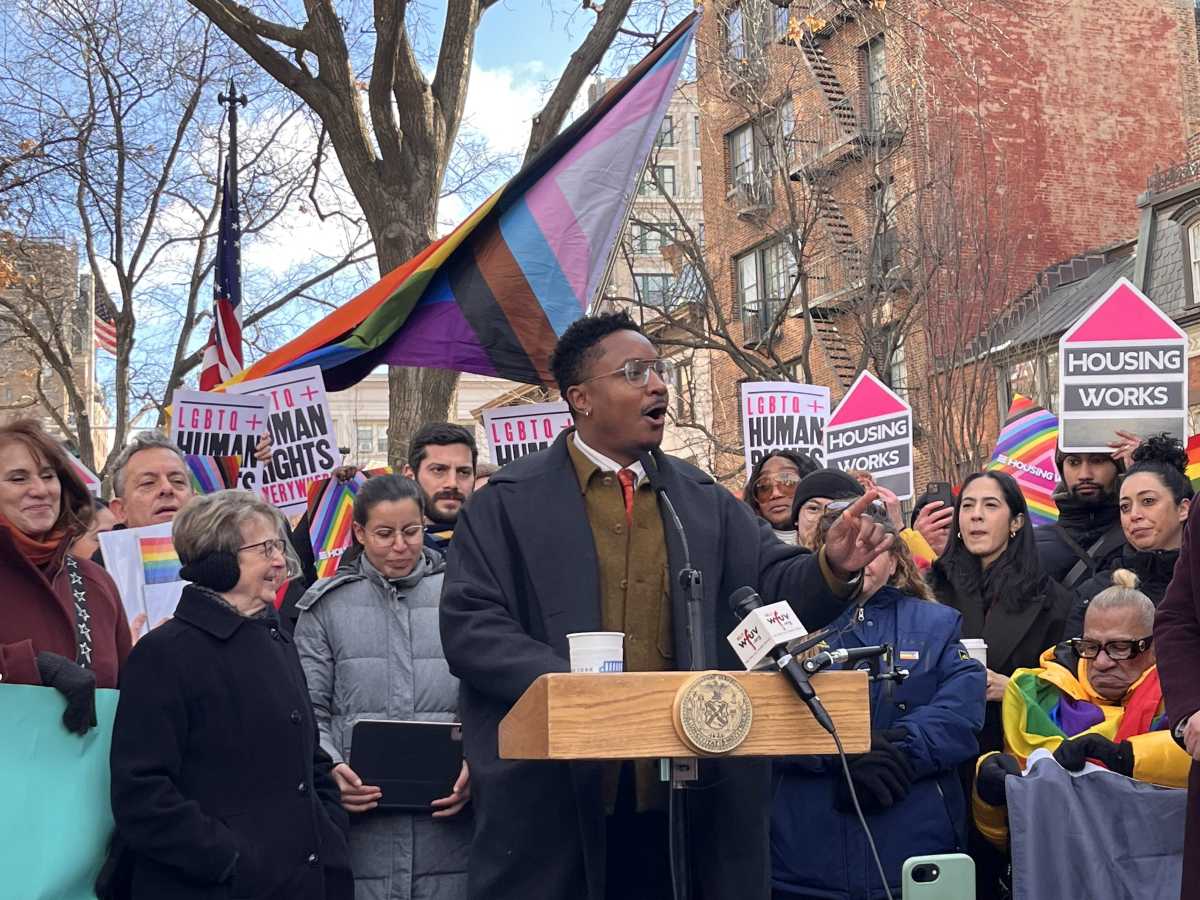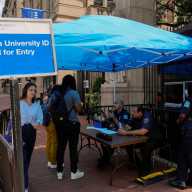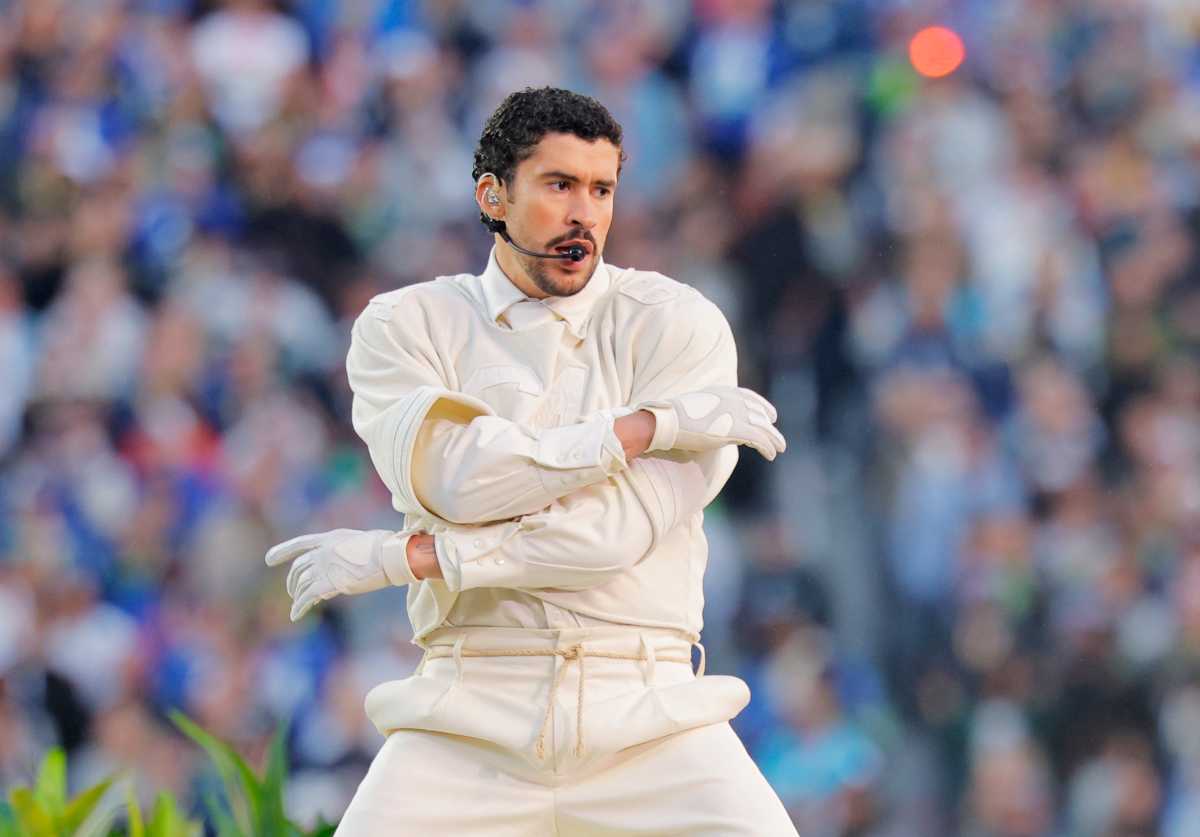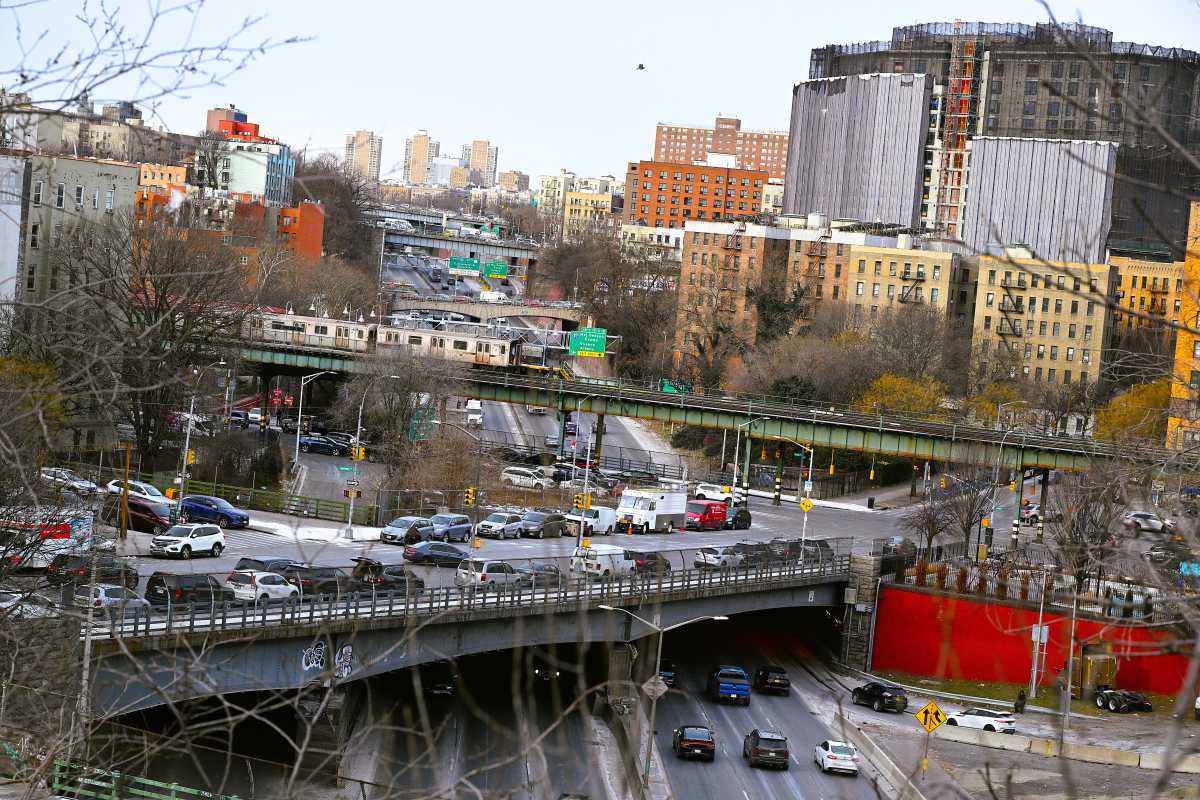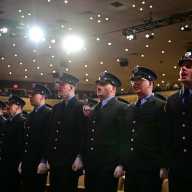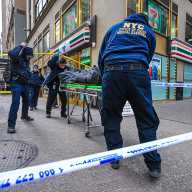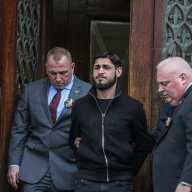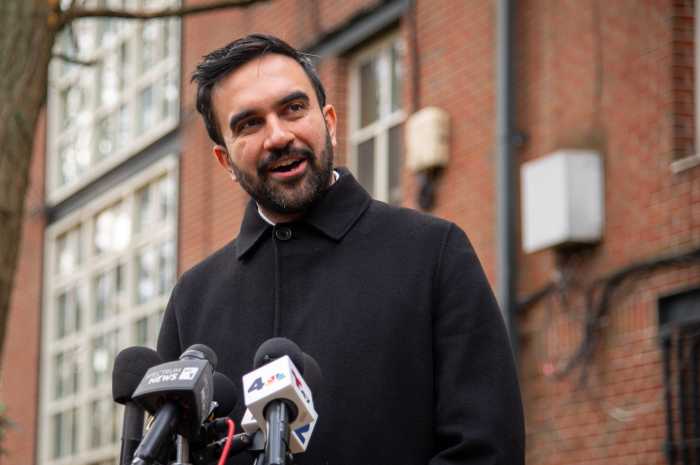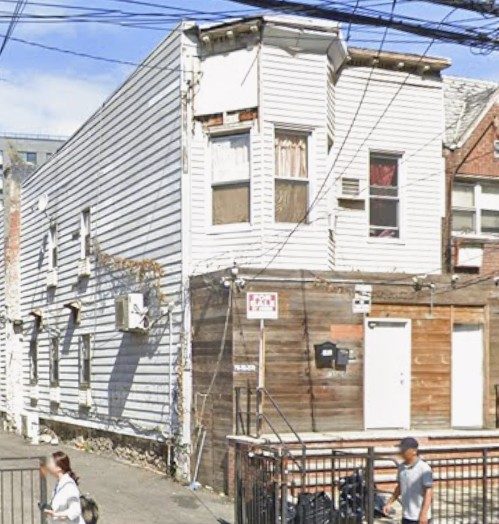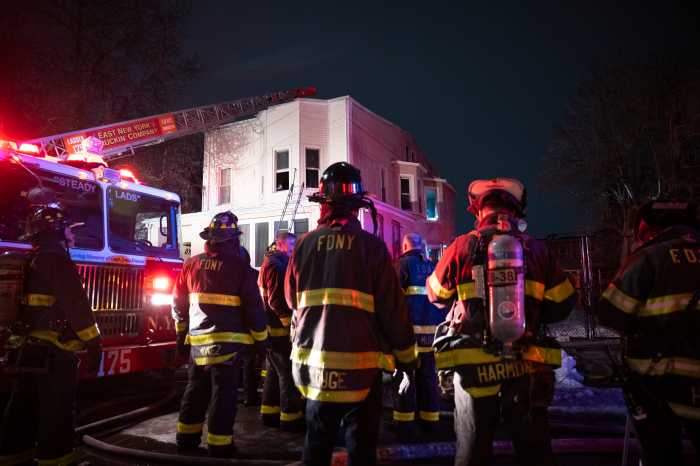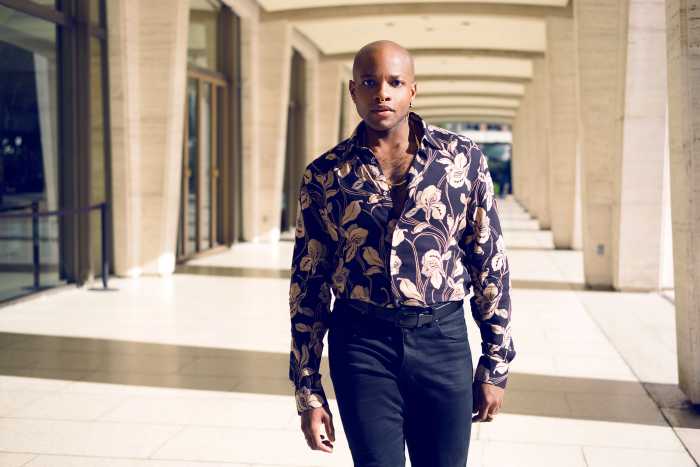
When it comes to NYC’s competitive specialized high schools, the moment when admissions info is released has in recent years felt a little like the movie “Groundhog Day.”
The demographic results for these test-in schools show that relatively few black and Hispanic eighth-graders are admitted. A big chunk of Asian-American students get into Stuyvesant and the rest. Some people note that many of those students are first- or second-generation and not particularly wealthy — 30 percent of Stuyvesant students come from families eligible for city assistance, as per 2017-2018 numbers. Some people don’t care much about such stats. Traditionalist alumni think a test is the best way to screen and anything else would ruin the schools; others think the scantrons have created a segregated system and should be destroyed. New Yorkers who care about these things re-Google “Hecht-Calandra Act” and talk about ways the State Legislature, which begat the original specialized schools, might change admissions for the current ones. The State Legislature signals that it’s either far too early or far too late in the current legislative session to think about all that. Not much to be gained politically from what is perceived as taking away a seat from some constituency and giving it to another.
Eventually, fall arrives and school starts for this miniscule proportion of the city’s full public school system — which remains deeply segregated and often underperforming — and then people forget about the issue until the results come out again.
As they did on Monday: A bit over 10 percent of the offers went to black or Hispanic students, though those students made up more than 40 percent of test-takers. At individual schools, the numbers were stark: 7 offers for black students at Stuyvesant, out of 895 total; 1 at Staten Island Tech, out of 304 spots.
This wasn’t markedly different from last year. After those admissions were released last spring, Mayor Bill de Blasio gestured at an attempt to change business as usual with a new admissions process for the city’s eight highly-coveted specialized schools that require the test.
Generally, he proposed moving toward taking a set percentage of the top students from every middle school as defined by state tests and grades, similar to a system used by the University of Texas.
But the associated bills went nowhere in Albany. On Tuesday, Assembly Speaker Carl Heastie of the Bronx made noises about a future hearing on these schools, but de Blasio’s plan hasn’t been part of the current state budget conversation, when many state issues get ironed out. So here we are again in “Groundhog Day.”
As I’ve done in the past, I called Matt Polazzo, a politically observant social studies teacher and coordinator of student affairs at Stuyvesant, for his perspective on the testing issue. (I took Polazzo’s classes as a student.)
Is there any way out of the current logjam?
Polazzo suggested the mayor could add new specialized high schools and try his admissions criteria there as a pilot. The results could be studied — What were the demographics? How well did the school function? — as an experiment with new specialized high school seats. “No vested interest could possibly be opposed to that,” he said.
The city has created or converted other specialized schools in the past. It can take a while and requires some hoop-jumping with groups like the Panel for Educational Policy, but when completed it’s practically bread-and-circus.
Some advocates argue that de Blasio could try his admissions policy on those newish schools now, though he has suggested that would create a confusing dual system and perhaps invite legal challenges.
But what about a fresh start, with one or more new specialized schools as an incubator?
"The city does have a variety of options under current state law, subject to legislative oversight of course,” Queens Sen. John Liu said in a statement about the expansion idea. Liu, who has vehemently opposed changing the test, chairs the state senate’s NYC education committee.
A spokeswoman for de Blasio didn’t leap at the idea, simply noting in a statement that the admission numbers “are even more proof that dramatic reform is necessary to open the doors of opportunity at specialized high schools.”
Clearly the political way forward is murky. But how would civilian supporters of the test react to Polazzo’s experiment? Take Larry Cary, president of the Brooklyn Tech Alumni Foundation, who supports the test partially because he says it gives kids “second chances.” He cited himself, who happened to have failed a class in seventh grade which in a grades-based system likely would have prevented him from making Tech, which he graduated from in 1970.
What about a new specialized school without the test?
“I have no objection if the city wanted to create a new school and use that,” he said.
He allowed that there is demand for specialized schools that are seen as higher-quality, so adding more couldn’t hurt.
But if those schools ended up functioning well, could it convince him to consider other admissions criteria for the other eight?
“To be absolutely honest I don’t really trust the DOE to follow the rules that it would supposedly establish for that process,” said Cary, citing a city comptroller’s audit that found weaknesses in admissions procedures for various city schools that screened students.
See you next Groundhog Day.
